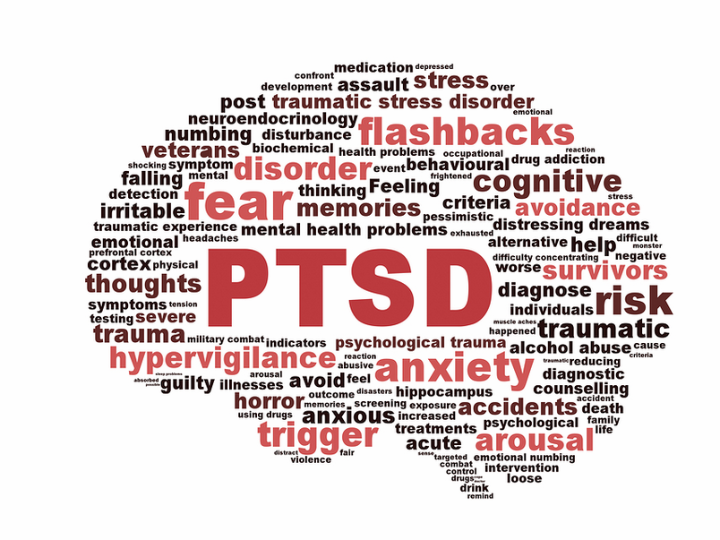


Reported abuse peaked in the 1970s and 1980s
State care abuse: ‘New Zealand at its absolute worst’ | Stuff.co.nz Key insights from the report revealed the peak of the abuse reported occurred in the 1970s and 1980s, with most survivors being abused between the ages of five and 17, although the range was from nine months to age 20. Most were abused over…

Overcoming the Paralysis of Toxic Shame
Overcoming the Paralysis of Toxic Shame | Psychology Today Recall a time when you experienced shame, whether it was a reaction to judgment by others or your own. You most likely experienced intense discomfort, feelings of inadequacy and unworthiness, and a desire to hide (M. Lewis, 1995). And you most likely felt anger toward others…

The Culture of Silence
The Scars of Sexual Abuse in Boys and Men – Exploring your mind It’s extremely difficult for boys or men who experienced sexual abuse as children to talk about it. In our patriarchal world, boys believe that if they don’t grow into a position of power, they’re weak and won’t survive. It takes a deep, deep…

Preventing Retraumatization: Secondary Traumatic Stress (STS)
A Macro Social Work Approach to Trauma-Informed Practices & Policies https://www.socialworker.com/feature-articles/practice/preventing-retraumatization-a-macro-social-work-approach-to-trauma-informed-practices-policies/ Secondary traumatic stress can follow exposure to another’s experience of trauma, resulting in emotional distress and symptoms of post-traumatic stress disorder (PTSD). It is as if we take in a portion of the trauma that the other has survived. Unlike burnout, which is a…

7 Ways to Avoid Re-Traumatizing A Trauma Victim
https://blogs.psychcentral.com/caregivers/2015/06/7-ways-to-avoid-re-traumatizing-a-trauma-victim/ 1 Do not force the person to talk about the trauma: Forcing someone to talk about a terrible event is making someone re-live the experience and all of the negative emotions that come with it. Some people just aren’t ready to open that box of worms. The person pressuring the individual to open up…

What is sexual harassment?
What is sexual harassment? | Abuse and violence | ReachOut Australia Sexual harassment can include someone: touching, grabbing or making other physical contact with you without your consent making comments to you that have a sexual meaning asking you for sex or sexual favours leering and staring at you displaying rude and offensive material so…

Guilt and Shame Associated with Sexual Abuse
Guilt and Shame Resulting from Sexual Abuse (angelfire.com) Sexual abuse can be a very traumatic and painful experience. Shame and guilt are emotions that most commonly result from any form of sexual abuse. Loss of self respect, low self-esteem, intense sense of betrayal, powerlessness, rage and anger at self and abuser, depression and sadness are…

Increased Sexual Risks In Adults Over 45
Childhood sexual abuse of boys often leads to relationship breakdowns in later life with a difficulty forming new stable relationships. Researchers Find Increased Sexual Risks In Adults Over 45 | Psychology Today Negative consequences, stemming from sexual activity, due to stigma, socioeconomic disadvantages, and lack of sexual resources, are not limited to the younger set….

Looks like narcissism but it might be trauma
Are You Being Gaslighted By a Narcissist? | Psychology Today Your gaslighter may have personality traits, or a personality disorder, which is not narcissism but which stems from a point of past trauma and fear. For instance, if your partner has abandonment issues, they may find all kinds of manipulative ways of making you stay with them—including gaslighting. In this…
